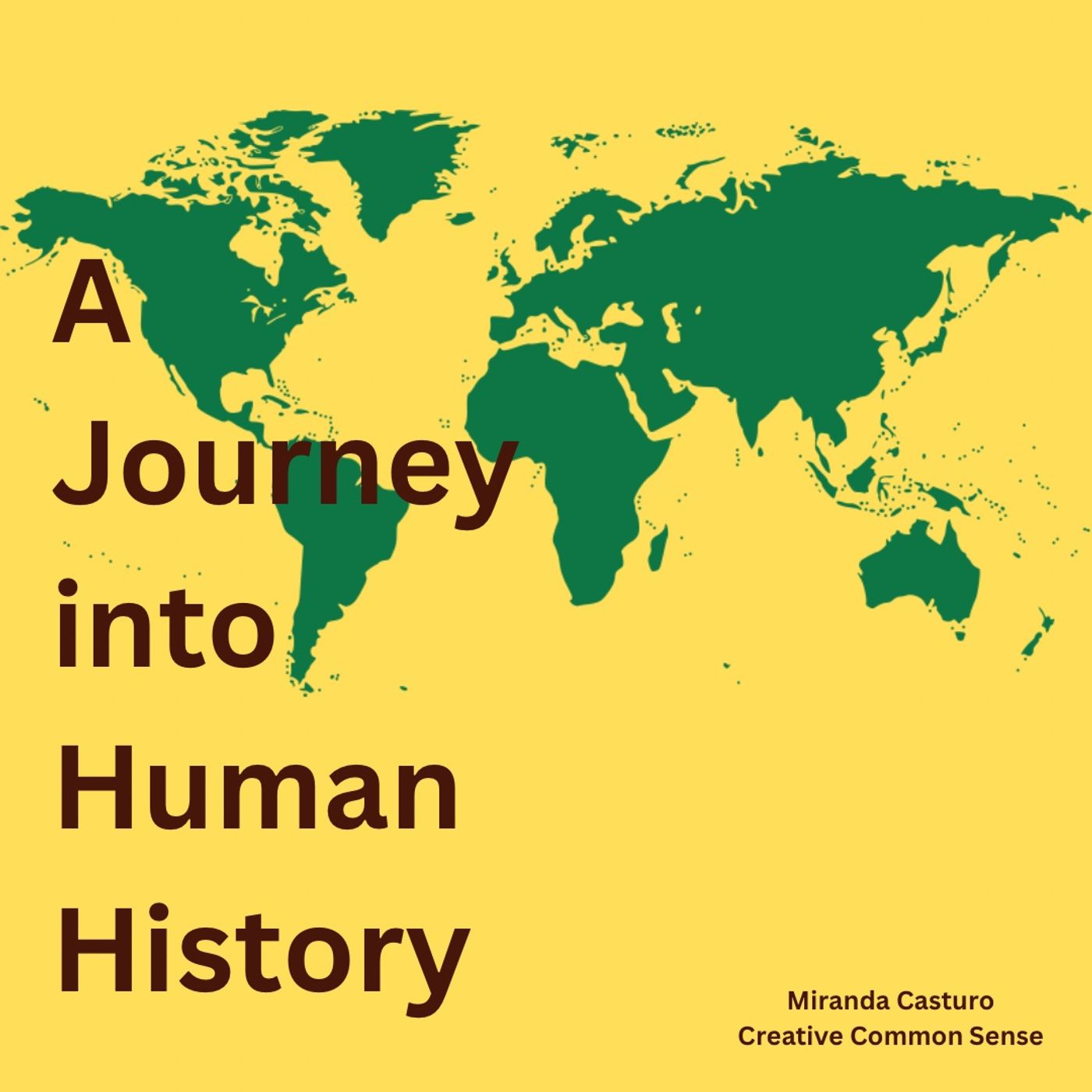The Roots of African Trade (Corrected Audio)
Description
Until the sixteenth century, caravans routinely plied the sands of the Sahara, moving goods, especially gold, from distant West Africa to centers of trade in North Africa and Egypt. Towns in West Africa became cosmopolitan stopping points, and as merchants, rulers, and caravan leaders converted to Islam for both spiritual and financial reasons, Islam flourished alongside the caravan business. In the thirteenth century, Sundiata Keita gained dominance over the Malinke and Soninke people, establishing the Malian Empire. Mali’s control of the Bure goldfields enabled it to prosper, and cities such as Timbuktu and Djenné became centers of Islamic scholarship. The empire grew weaker following the death of Mansa Musa. It was unable to withstand raids by the Mossi and Tuareg nomads or revolts by some of its subject cities. Although the rulers of Mali were able to negotiate peace terms with Portuguese slave traders in the mid-fifteenth century, they were unable to retain such vital trade centers as Gao, Timbuktu, and Djenné.
All images referenced in this podcast can be found at https://openstax.org/books/world-history-volume-2/pages/3-1-the-roots-of-african-trade
Welcome to A Journey into Human History.
his podcast will attempt to tell the whole human story.
The content contained in this podcast was produced by OpenStax and is licensed under a Creative Commons Attribution License.
Access for free at https://openstax.org/books/world-history-volume-2/pages/1-introduction
Podcast produced by Miranda Casturo as a Creative Common Sense production.
More Episodes
Over the course of the eighteenth century, a series of famines and economic crises deepened wealth inequality and narrowed access to political power on both sides of the Atlantic. As the growing influence of the public sphere and Enlightenment ideas of equality and liberty shaped opposition to...
Published 12/25/23
Published 12/25/23
Over the course of the seventeenth and eighteenth centuries, the public sphere became an increasingly important component in the spread and development of Enlightenment ideas. As networks of informal socialization and intellectual exchange, coffeehouses provided a setting in which people from all...
Published 12/22/23


